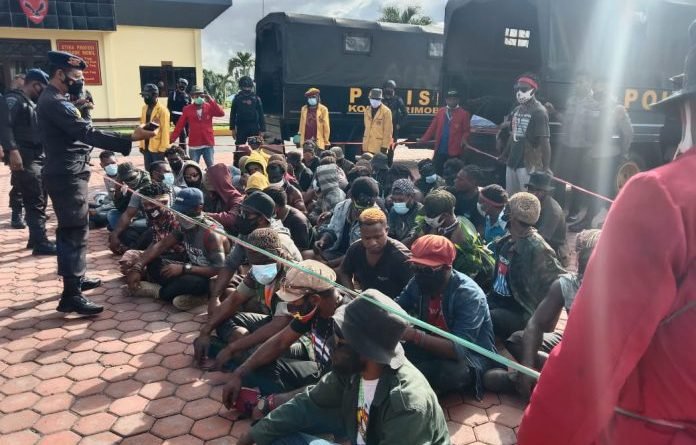Amnesty Indonesia Calls for United Resistance Against Rising Authoritarianism
JAKARTA, RAKYAT NEWS – Amnesty International Indonesia held its 2025 Annual General Meeting on June 18–19 in Jakarta, emphasizing the urgent need to resist rising authoritarianism, militarism, and declining civil oversight in the country. These trends, the organization warned, threaten both civil-political and socio-economic rights.
The meeting brought together participants from 22 provinces and university chapters, reaffirming the importance of grassroots activism and youth involvement in defending human rights. It also confirmed the appointment of two new board members, reflecting the organization’s commitment to inclusive leadership.
A total of 25 founding members and five active board members took part in the discussions, showcasing the continuing engagement of Amnesty’s base in Indonesia’s human rights movement. Chair of the Board, Marzuki Darusman, stressed the need for civil society to stand firm against shrinking civic spaces, often driven by unchecked development and state repression.
Marzuki highlighted ongoing human rights violations, including suppression of peaceful protests, journalist intimidation, and persistent impunity, especially in Papua. He also pointed to the lack of accountability for historical crimes such as the 1965 massacres, the murder of activist Munir, and the 1998 violence.
He warned that Amnesty’s role in Indonesia is now more critical than ever, serving as a bridge between local communities seeking justice and the broader international human rights stage. “The only way to defeat authoritarianism is by uniting civil society,” he said.
Executive Director Usman Hamid echoed this urgency, noting a sharp decline in human rights over the past year. He criticized President Prabowo’s use of divisive ultranationalist rhetoric and authoritarian populism, which have undermined civil liberties and targeted NGOs.
Usman also condemned the expanding role of the military in civilian affairs, repressive actions by security forces, and recent arrests of students during peaceful protests. At the same time, economic and social rights are being eroded through development projects that exclude local communities, including Indigenous peoples in Papua and Merauke.
He warned of serious consequences for civil society and human rights defenders—ranging from surveillance and harassment to criminalization—especially for those advocating anti-corruption, environmental justice, and freedom of expression.
During the meeting, two new board members were announced: digital rights advocate Damar Juniarto and youth leader Firda Amalia Putri. Their appointments reflect Amnesty’s focus on expanding its influence while remaining grounded in grassroots integrity. Amnesty International Indonesia, established in 2017, is part of the global Amnesty movement with over 10 million supporters worldwide. (Uki Ruknuddin)


Tinggalkan Balasan Batalkan balasan